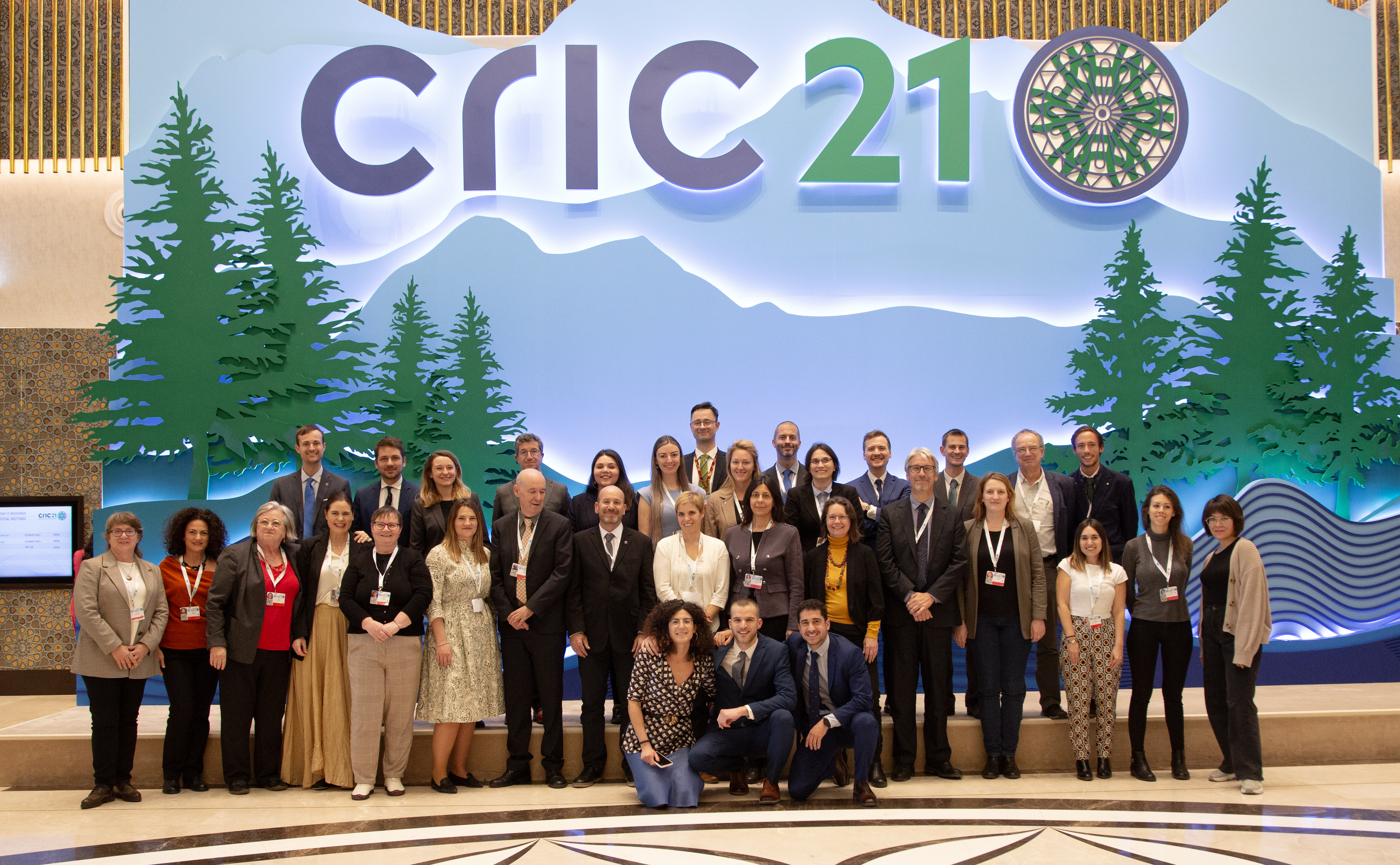The 21st session of the Committee for the Review of the Implementation of the Convention (CRIC21) of the UN Convention to Combat Desertification (UNCCD) | Samarkand,13-17 November 2023

Related topics
Directorate-General for Environment environmental protection climate change Nature and biodiversity Soil and landdate: 28/01/2024
CRIC21, a midway point toward achieving the goal of ending land loss by 2030, focused on combating worsening sand and dust storms and droughts, both regionally and globally, and empowering women in land restoration initiatives.
Ibrahim Thiaw, UNCCD Executive Secretary, stressed the urgency of scaling up investments in land restoration to ensure stability and prosperity for billions of people globally, as land degradation and drought disrupt societies, pushing millions into migration.
Against the backdrop of new UNCCD data from 126 countries revealing that around 420 million hectares, an area roughly the size of Central Asia, were degraded between 2015-2019, the meeting underscored that if current trends persist, an astounding 1.5 billion hectares of land will need restoration by 2030 to meet global goals.
Biljana Kilibarda, CRIC Chair, draw attention to the role of international cooperation in addressing land degradation and drought issues. The progress in implementing the Convention was reviewed, and recommendations were provided to accelerate efforts.
On November 15, the Government of Uzbekistan organised a high-level event on sand and dust storms, recognising them as a global problem. The Central Asian region, as noted by Obidjon Kudratov, First Deputy Minister of Ecology, Environmental Protection, and Climate Change of Uzbekistan, loses US$ 6 billion annually to land degradation.
For the first time, CRIC featured a two-part Gender Caucus to advance the implementation of the Convention’s Gender Action Plan and enhance women’s involvement in land restoration and drought resilience efforts.
The recommendations from CRIC21 will guide decision-making for the Convention’s 196 country Parties and the European Union before the next UNCCD Conference of the Parties (COP) in Riyadh, Saudi Arabia, in December 2024.
New UNCCD Data Dashboard on land degradation
At CRIC 21 delegates were able to see aggregated data submitted by 126 countries as part of the newly-launched UNCCD Data Dashboard on land degradation. This is the first time in the UNCCD’s history that land loss and land restoration trends have been available, enabling a rich exchange on national and regional experiences, with interpreting default global data provided by the Secretariat and further adapting it to local realities. Delegates drew on these experiences to provide feedback on synthesis reports of progress under the Convention’s five Strategic Objectives, as well as progress reports on policy frameworks on drought, SDS, gender, and land tenure.
